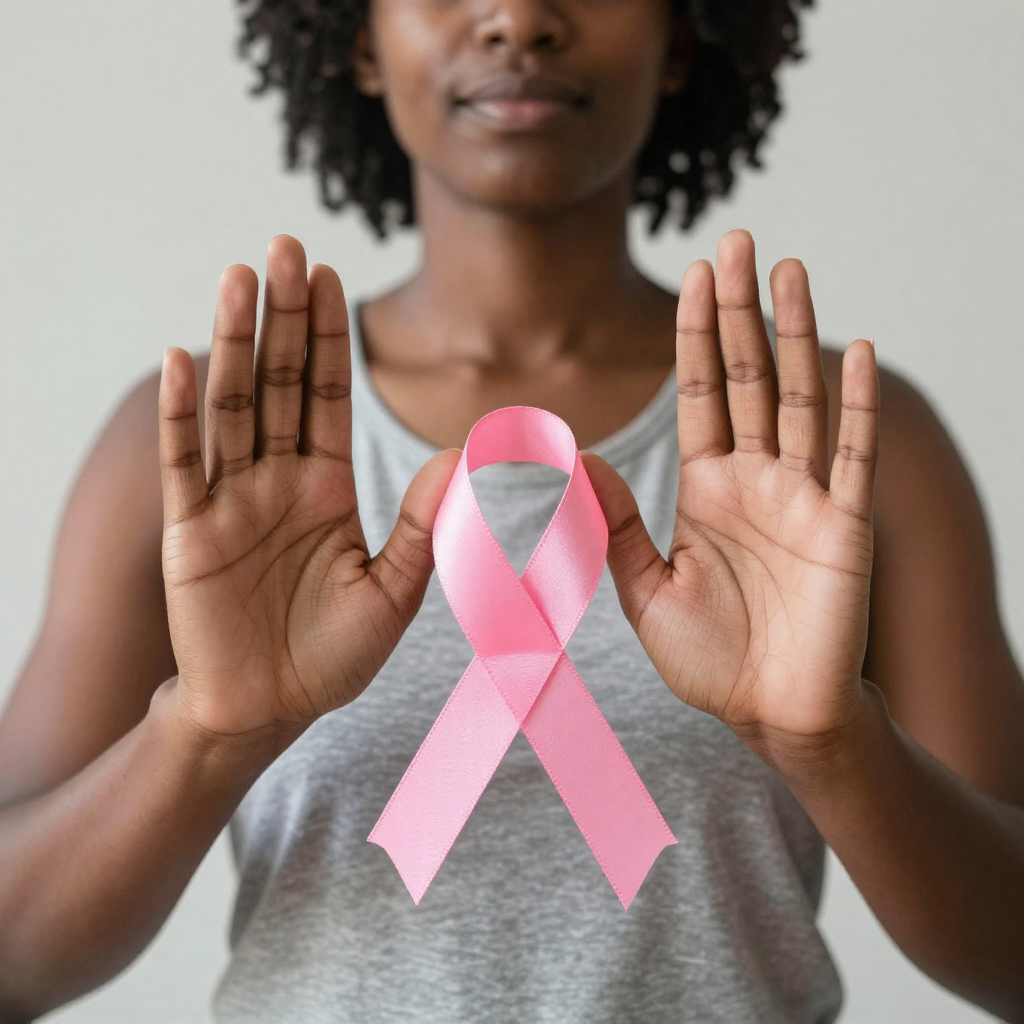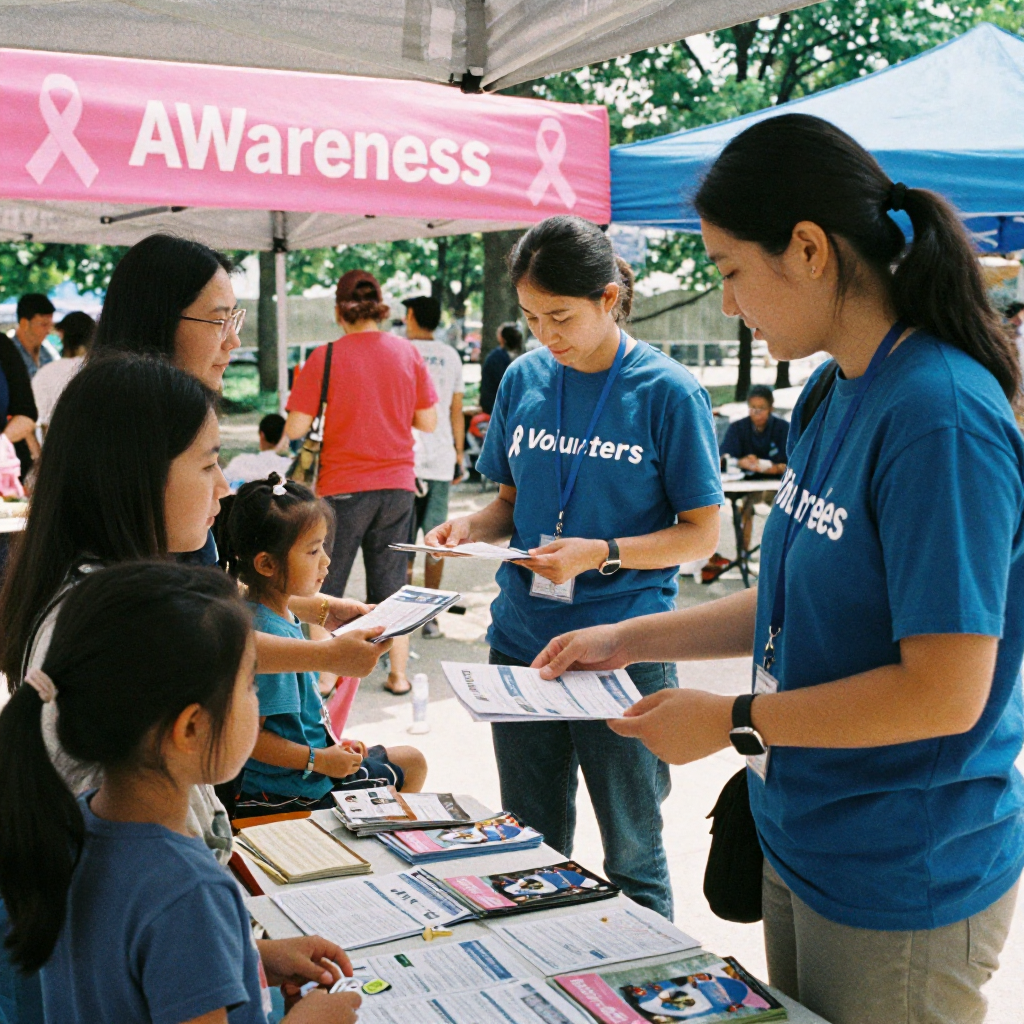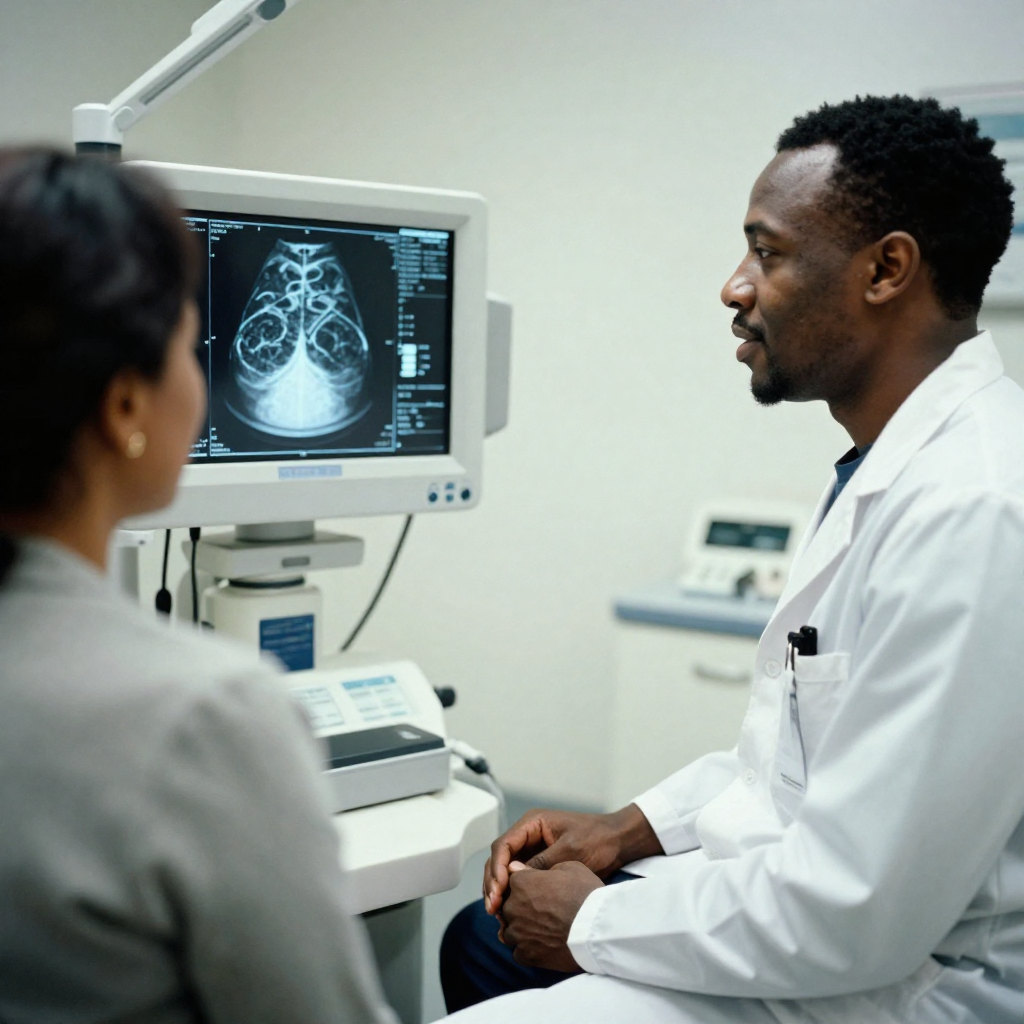
+44 (0) 7405 361685
We're on a mission to bring life-saving cancer screenings to underserve communities through innovative screening programs, mobile diagnostic units, education, and advocacy. We aim to address healthcare disparities and ensure everyone has access to timely detection and treatment. Join us in making a difference—your support can help save lives and empower communities. Together, we can create a healthier future for all!
Support our current initiatives bringing hope and healing to underserved communities

Bringing advanced screening to underserved communities

Early detection initiatives across African regions

Workshops and seminars for career prevention

At Imaging for Hope International (IHI), we understand that early detection is crucial for effective cancer treatment. Our "Check Your Risk in 30 Seconds" tool is designed to help individuals assess their risk for prostate and breast cancer quickly and easily through a simple questionnaire, instant results, and personalized recommendations.
Comprehensive initiatives designed to enhance early cancer detection and provide accessible healthcare solutions
Comprehensive early detection programs aimed at prostate and breast cancer screening.
Enhanced access to essential diagnostic services for prostate and breast cancer patients.
Empowering communities through education and research initiatives.
Comprehensive information about prostate and breast cancer - from risk factors to prevention and early detection. Understanding risk factors like age (40+), family history, genetics, and lifestyle choices is crucial. Warning signs include lumps, changes in urination, unusual discharge, and persistent pain. Screening guidelines recommend monthly self-exams, annual clinical exams, and age-appropriate diagnostic tests for optimal early detection.
Explore our resources online, or download and order our free publications.
Together, we can save lives through early detection and hope